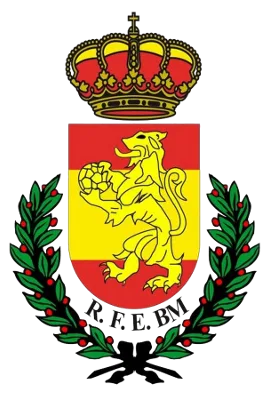P – ¿Qué balance haces de las dos semanas de trabajo en León?
LH – Ha sido mucho mejor de lo que jamás podría haber imaginado, la gente me ha recibido con los brazos abiertos y muchos medios de comunicación han estado pendientes de mí. Todos han sido muy amables, me han ayudado mucho y he podido aprender un poco del estilo español de jugar al balonmano.
P – ¿Existen muchas diferencias entre la forma de trabajar aquí y en los Estados Unidos? ¿Por qué el balonmano y no otro deporte?
LH – La principal diferencia es que aquí son profesionales y cobran por ello, pero en los Estados Unidos nosotros tenemos que pagar para jugar. El balonmano es un deporte muy práctico, es muy técnico y táctico, bonito de ver, y a la vez es fácil de seguir. El fútbol americano me encanta pero la carrera deportiva es más corta normalmente, como en mi caso.
P – ¿Qué necesita Estados Unidos para crecer a nivel balonmanístico?
LH – Sería sencillo si invertimos más recursos en educar a la base en los institutos. El balonmano es uno de los deportes más seguidos durante los Juegos Olímpicos, la ESPN cubre todos los partidos pero a las dos semanas la gente olvida todo y el Comité Olímpico de Estados Unidos no aporta los fondos que necesitamos.
P – ¿Qué futuro deportivo aguarda a Lewis Howes a partir de ahora?
LH – Me gustaría regresar a España y jugar durante media temporada para ver cómo me adapto. Pero mi prioridad ahora mismo es el equipo nacional de los Estados Unidos. España es una gran oportunidad para entrenar y aprender.
P – Eres un experto en el manejo de las redes sociales, ¿así que qué consideras que aportan las redes sociales a las instituciones deportivas?
LH – Las redes sociales son una herramienta para que los clubes y las entidades generen popularidad, es una forma de llevar a la gente a las pistas, de vender entradas, de impulsar el marketing, de atraer a los sponsors. Es la forma más barata y sencilla de generar interés alrededor de tu producto y de conectar rápidamente con tus seguidores.
P – Twitter es, sin lugar a dudas, la red social más seguida en el entorno del balonmano español, ¿por qué crees que es así y que Facebook no despierta tanta atención?
LH – He empezado a seguir a clubes y compañeros de equipo desde que estoy aquí, pero considero que Facebook tiene más herramientas porque hay un mayor número de personas conectadas, es más fácil generar expectativas de partido, etc.
– – – – –
Before returning to the United States, Lewis Howes has been greeted in Madrid by the President of the Royal Spanish Handball Federation, Francisco V. Blazquez. He is not only an expert advisor in the use and management of social networking, but also a handball player at international level, member of the United States’ Handball National Team. Howes has become an informative sensation in Spanish handball while he has stayed in León, a city where he has remained two weeks for a training experience following Coach Dani Gordo in the Spanish Club “Reale Ademar Leon”.
Q – What is your balance of these two weeks of work in Leon?
LH – It has been so much better than I ever could have imagined, people welcomed me with open arms and many media have been following my every move. Everyone has been very friendly, all of them helped me a lot and I have learned a little of the Spanish Handball playing style.
Q – Are there many differences between the way we work here and in the United States? Why did you choose handball and not any other sports?
LH – The main difference is that here the players are professionals and get paid for it, but in America we have to pay to play. Handball is a very practical sport, with loads of technicalities and tactical items to be taken into account, beautiful to watch, yet easy to follow. I love [american] football but the sporting career of their athletes is usually shorter, as it was my case.
Q – What do the United States need to improve their handball level?
LH – It would be easy if we invested more resources in educating at grassroots level (schools, high schools). Handball is one of the most popular sports during the [Olympic] games, ESPN covers all games but two weeks after the Games are over, people forget everything and the United States Olympic Committee does not provide the funds we need to change this.
Q – What future awaits for Lewis Howes in sports from now?
LH – I’d like to return to Spain and play for half a season at least to see how I adapt. But my priority right now is the United States’ Handball National Team. Spain means to me a great opportunity to train and learn.
P – You are an expert in the management of social networking, so what benefits do you consider that social networking brings to sports institutions?
LH – Social networking is a tool for clubs and entities in order to generate popularity, awareness, they constitute a way to bring people to the arenas, they help on the sale of tickets, they help boosting marketing and attract sponsors. It is the cheapest and easiest way to generate interest about your product and quickly connect with your fans.
P – Twitter is without a doubt, the most followed social network in the Spanish handball community, why do you think this happens? And why does not Facebook bring more attention?
LH – I started following clubs and teammates since I got here, but I think that Facebook is a more powerful tool because there is a greater number of people connected, it is easier to generate anticipation for a match, etc..















